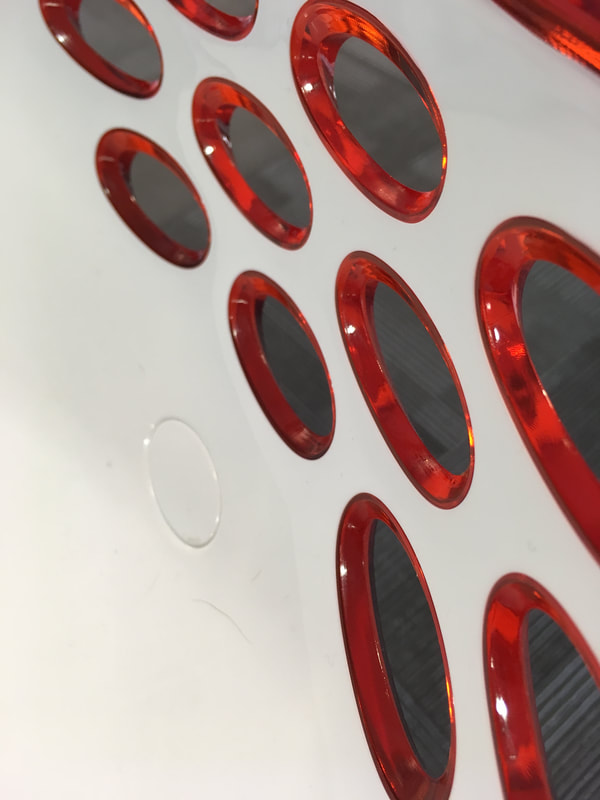The End of the Alphabet deals with many of these issues. This is a book about someone going through or having gone through trauma, deep pain, or dislocation. We never know exactly what the dislocation is, but the source isn't important, what's important is the experience. It highlights the tension between narrative and moment as overtly as any of your books.
RANKINE
When I set out to write that book, I specifically wanted to address the question, How do you write about the feeling of devastation that we all share? You meet people and you know they've had some kind of traumatic loss, something destructive in their lives. You intuit that without knowing their story. You don't have to know anything about them, you just know. I thought, Why can't I write a book that is less concerned with narrative but centralizes this feeling beyond it? The narrative could have been twenty years ago, it could have been the Holocaust, it could have been anything, but the feeling of past trauma is communicated by whoever is standing in front of you – that's what stays real.
Claudia Rankine: The Art of Poetry No. 102, Interviewed by David L. Ulin in Women at Work: Interviews from the Paris Review






 RSS Feed
RSS Feed